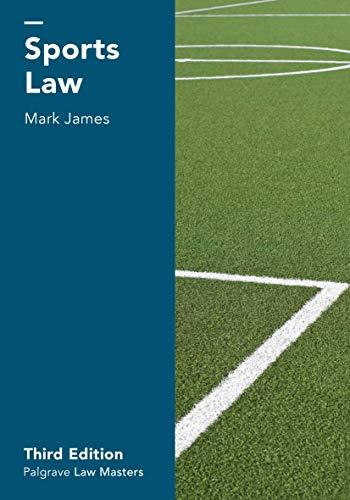Question
Exceptions to privilege and confidentiality. Name these, describe, and discuss the nuisances associated with these instances. Privilege is waived if the client signs a document
Exceptions to privilege and confidentiality. Name these, describe, and discuss the nuisances associated with these instances.
Privilege is waived if the client signs a document giving the helper permission to disclose the communications between the client and the counselor. Clients may be asked to waive privilege to ensure continuity of care among mental health professionals, to provide for appropriate supervision, when access to records is needed for court testimony, and when information is needed for submitting health insurance claims. Confidentiality must be broken in cases of child abuse or elder abuse, when clients are a danger to others, and it may be broken when clients are a danger to themselves or are gravely disabled. Sometimes, a client's mental condition will be the focus of a lawsuit, and in some of those cases, confidentiality can be ethically and legally broken.
The other situations in which privileged communications should be broken involve trying to prevent clients from harming others. These conditions include elder abuse, child abuse, and the possibility that clients might cause different kinds of danger to others.
Step by Step Solution
There are 3 Steps involved in it
Step: 1

Get Instant Access to Expert-Tailored Solutions
See step-by-step solutions with expert insights and AI powered tools for academic success
Step: 2

Step: 3

Ace Your Homework with AI
Get the answers you need in no time with our AI-driven, step-by-step assistance
Get Started


